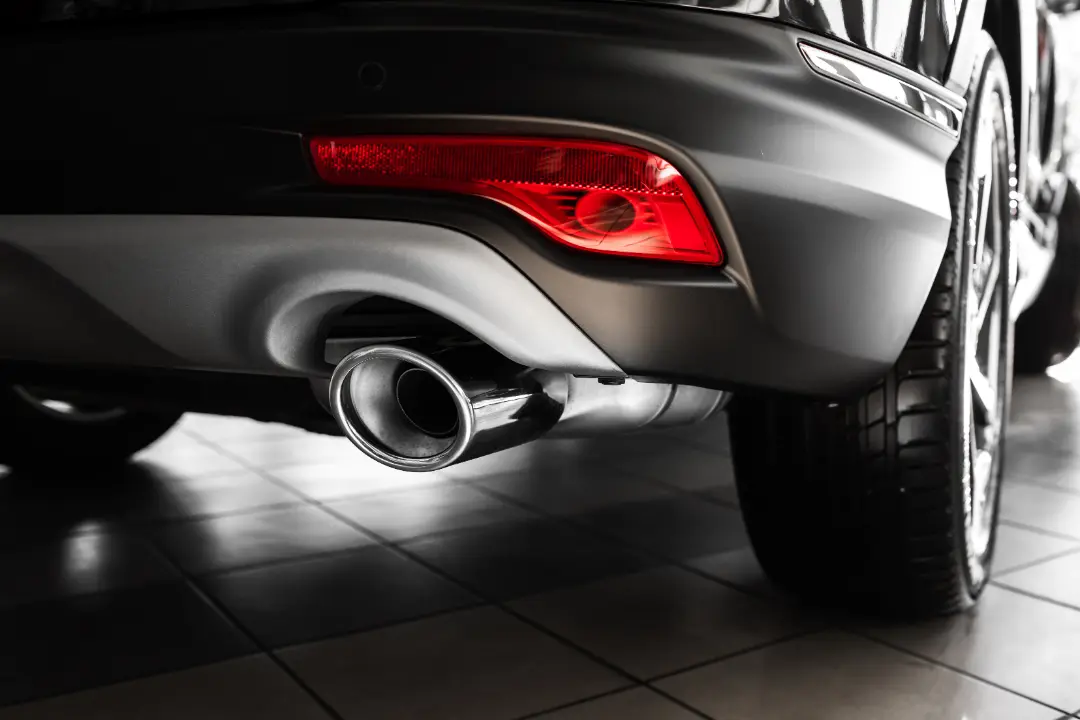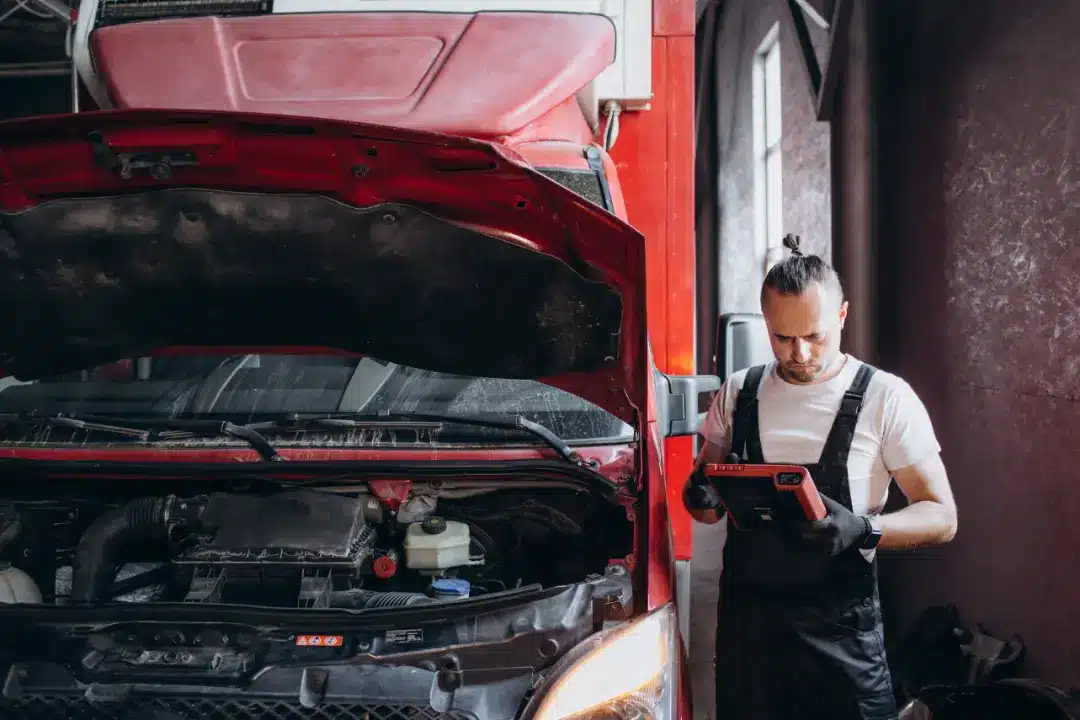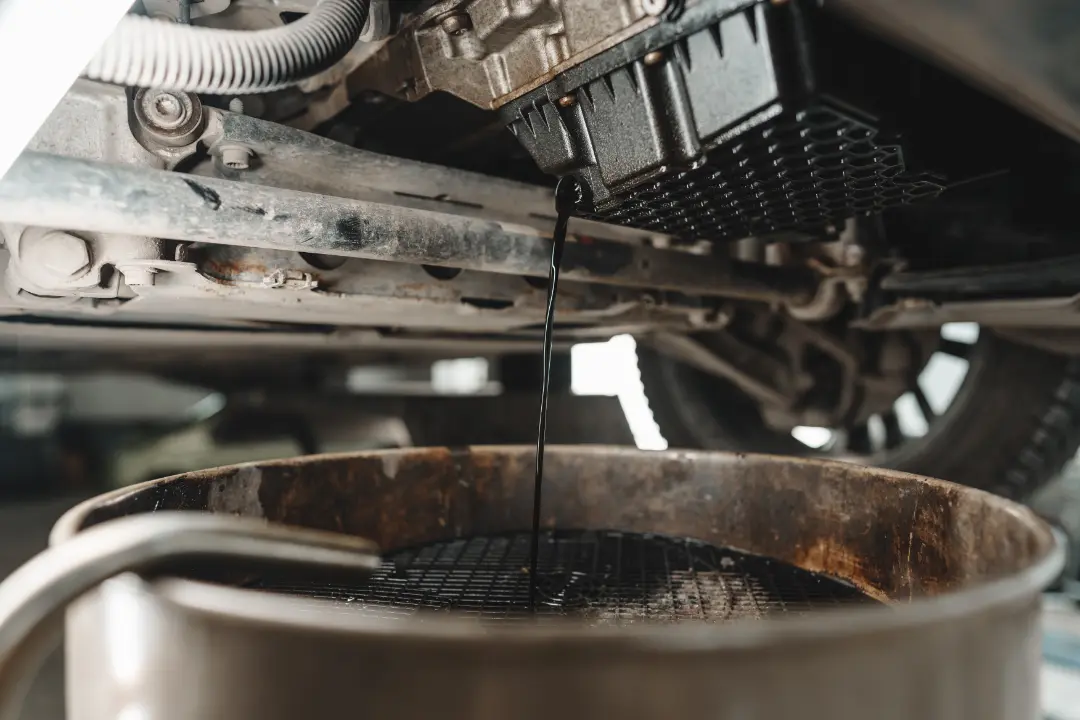In the petrol vs diesel vs electric cars debate, choosing the right vehicle is pivotal for your finances and eco-footprint. This side-by-side comparison cuts through the noise to guide your decision-making, spotlighting the crucial differences in running costs, upkeep, performance, and sustainability.
KEY TAKEAWAYS
- Electric cars offer benefits such as lower maintenance costs, impressive acceleration, quiet operation, and reduced environmental impact, making them an increasingly popular choice.
- Despite higher initial purchase prices, electric vehicles are more economical in the long run due to lower fuel costs and less frequent maintenance than petrol and diesel cars.
- As the automotive industry continues to evolve, electric vehicles are gaining market share, indicated by a 25% sales increase in early 2023, driven by their eco-friendly zero emissions promise.
FUELING YOUR JOURNEY: UNDERSTANDING PETROL, DIESEL, AND ELECTRIC VEHICLES
Petrol and diesel cars have been dominating our roads for over a century. In fact, as of 2020, these traditional fuels powered a staggering 97% of the UK fleet.
However, the rise of electric vehicles, such as electric cars and hybrid cars, represents a significant shift in the automotive world.
THE TRADITIONAL COMBUSTION ENGINE: PETROL CARS
Petrol cars, fuelled by distilling crude oil and powered by petrol engines, have long been the workhorses of our roads. They have earned popularity through lower local air pollution, quieter operation, and lower purchase prices than diesel cars.
Petrol cars are your old faithful if you’re a driver clocking average annual mileage on long and short journeys.
THE LONG-DISTANCE CHAMPION: DIESEL CARS
When it comes to long-distance journeys, diesel models are the undisputed champions due to their superior performance characteristics. Their incredible fuel efficiency, especially for extended motorway travel, makes a diesel car a preferred choice for many. But all that glitters is not gold. Diesel cars are under scrutiny for environmental concerns over emissions and may face future restrictions as regulations tighten.
THE FUTURE ON WHEELS: ELECTRIC CARS
Electric cars are rewriting the rules of the road. Powered by a built-in battery and electric motor, they offer a driving experience that is not just different but often better. Some advantages of electric cars include:
- Impressive acceleration from a standstill
- Responsive and quiet ride
- Lower maintenance costs compared to petrol or diesel cars
- Reduced emissions and environmental impact
- The convenience of a home charging point, allowing for overnight charging and better battery health by avoiding frequent rapid charging
These advantages make electric cars a compelling choice for many drivers.
HYBRID CARS: A BALANCED OPTION
Hybrid cars offer a balanced option for drivers who want to reduce their carbon footprint without sacrificing performance. These vehicles use a combination of a petrol engine and an electric motor to power the vehicle, resulting in lower fuel consumption and lower emissions.
Hybrid cars are generally more fuel-efficient than traditional petrol or diesel cars, making them a cost-effective option for drivers. With the widespread availability of hybrid models, drivers can choose from a range of options to suit their needs and driving habits.
Whether you’re navigating city streets or cruising on the highway, hybrid cars provide a versatile and eco-friendly driving experience. Their ability to switch between petrol and electric power ensures optimal efficiency, making them a smart choice for those looking to save on fuel costs and reduce their environmental impact.
COST ANALYSIS: ELECTRIC VS. PETROL VS. DIESEL
Choosing a car isn’t just about power and performance. The cost is a crucial factor. Let’s analyse the cost implications of electric, petrol, and diesel cars.
INITIAL INVESTMENT: VEHICLE PURCHASE PRICE
Buying a car represents a significant investment, and it’s well-known that not all vehicles share the same price tag. With their advanced technologies and expensive batteries, electric cars often demand a higher initial purchase price than their petrol and diesel counterparts.
But while the sticker price of a petrol car may look appealing, these cars tend to depreciate faster, impacting their long-term value.
KEEPING IT RUNNING: FUEL COSTS AND EFFICIENCY
The actual cost of car ownership becomes evident after the initial purchase. And that’s where electric cars start to shine. From fuel costs to road tax, electric vehicles can save you a bundle in the long run.
Consider charging your car for a mere £3-4. An off-peak full charge for an electric vehicle typically costs this amount, making electricity a much cheaper fuel option compared to diesel and petrol.
LEASING AND DEPRECIATION
Leasing an electric car or a hybrid car can be a cost-effective option for drivers who want to reduce their carbon footprint without the long-term commitment of purchasing a vehicle. Leasing allows drivers to take advantage of the latest models and technologies without the hassle of selling or trading in their vehicle. However, depreciation can be a significant factor to consider when leasing a vehicle. Electric cars and hybrid cars tend to hold their value well, thanks to their lower emissions and growing demand.
On the other hand, diesel cars can depreciate more quickly due to their higher emissions and lower demand in the market. By leasing, drivers can enjoy the benefits of driving a new, eco-friendly vehicle while mitigating the financial impact of depreciation.
PERFORMANCE AND MAINTENANCE: WHICH CAR DRIVES BEST?
Cost isn’t the only factor to consider. Performance and maintenance are key elements that can significantly influence your driving experience. Generally, plug-in vehicles have significantly fewer moving parts compared to traditional petrol and diesel cars, leading to lower maintenance costs and less wear and tear over time. So, let’s shift gears and look at how petrol, diesel, and electric cars compare in terms of power, agility, and upkeep.
POWER AND AGILITY: COMPARING ACCELERATION AND HANDLING
Each type of vehicle has unique strengths in terms of power and agility. Diesel engines are known for high torque at low RPM, offering strong acceleration and pulling power.
On the other hand, electric motors deliver instant torque, allowing them to accelerate quickly from a standstill. This makes electric vehicles particularly advantageous for city driving, where agility and responsiveness are essential.
UPKEEP AND CARE: SERVICING YOUR VEHICLE
Regular maintenance and care ensure smooth operation regardless of your car’s power. Electric vehicles have the upper hand here. Over time, they typically incur lower maintenance costs with fewer moving parts than traditional internal combustion engine vehicles.
RELIABILITY AND DURABILITY
Electric cars are generally more reliable and durable than traditional petrol or diesel cars. With fewer moving parts and less complex engines, electric cars and hybrid cars require less maintenance and are less prone to breakdowns. Additionally, these vehicles tend to have a longer lifespan than traditional petrol or diesel cars, making them a cost-effective option in the long run.
However, diesel cars can be more reliable and durable than petrol cars, especially for high-mileage drivers. Diesel engines are known for their robustness and longevity, making them a preferred choice for those who cover extensive distances regularly. While electric and hybrid cars offer lower maintenance costs and longer lifespans, diesel cars remain a reliable option for specific driving needs.
DRIVING STYLE AND EFFICIENCY
Driving style and efficiency can significantly impact the performance and fuel consumption of alternative fuel vehicles. Electric cars and hybrid cars are designed to be fuel-efficient and environmentally friendly, but driving habits can affect their performance. For example, aggressive driving or frequent acceleration can reduce the fuel efficiency of electric cars and hybrid cars. On the other hand, diesel cars can be more fuel-efficient for high-mileage drivers who drive at consistent speeds. By adopting efficient driving habits and using tools like the journey cost calculator, drivers can optimise the performance and fuel consumption of their alternative fuel vehicle.
Simple changes, such as smooth acceleration, maintaining steady speeds, and utilising regenerative braking in electric and hybrid cars, can significantly enhance fuel efficiency and reduce overall costs.
ENVIRONMENTAL IMPACT: EMISSIONS AND SUSTAINABILITY
In today’s world, we can’t overlook the environmental impact of our choices, and cars are no exception. It’s time to delve into the emissions and sustainability associated with petrol, diesel, and electric vehicles. Electric vehicles also produce significantly less noise pollution than diesel cars, resulting in a quieter and more peaceful driving experience.
CLEARING THE AIR: EMISSIONS FROM PETROL AND DIESEL CARS
Petrol and diesel cars have long been under fire for their environmental impact. According to the European Environment Agency, diesel cars emit significantly more CO2 than the EU’s targeted limits for new cars. The emissions they release contribute to various health and environmental issues, including:
- Carbon monoxide (CO)
- Volatile organic compounds (VOCs)
- Particulate matter (PM)
- Carbon dioxide (CO2)
GREEN DRIVING: THE ZERO EMISSIONS PROMISE OF ELECTRIC CARS
Contrastingly, electric vehicles bring a refreshing change to the scene. With zero tailpipe emissions, they are currently the most eco-friendly option on the road. Most electric cars also offer comfort and design advantages, providing a smooth and quiet ride. The environmental appeal of electric cars is a significant driver of their increasing sales, with a 25% increase in the first quarter of 2023 alone.
SOVEREIGN MOTOR ENGINEERS: YOUR TRUSTED PARTNER FOR ALL VEHICLES
Whether you drive a petrol car, a diesel engine, or an electric vehicle, having a trusted partner for your journey is essential. Meet Sovereign Motor Engineers, your go-to garage for all vehicles.
CLASSIC TO CONTEMPORARY: SERVICING ACROSS THE SPECTRUM
Sovereign Motor Engineers can service both classic and modern vehicles. Our qualified technicians have a passion and knowledge for classic cars that resonate with car enthusiasts.
We’ve got you covered, from replacing a gearbox on a classic MGB GT to servicing a state-of-the-art electric vehicle.
SALES AND SERVICE EXCELLENCE: FINDING YOUR PERFECT MATCH
In addition to repairs and servicing, our SME CAR SALES division features a selection of high-quality used cars. Whether you’re looking for a MINI Hatch, a Vauxhall Tigra, or a Fiat 500, we’ve got a vehicle that’s just right for you.
NAVIGATING THE ROADS AHEAD: THE FUTURE OF CAR OWNERSHIP
Looking ahead, we envisage a rapidly evolving landscape. Most manufacturers now offer electric vehicles, indicating a significant shift from traditional fossil fuel vehicles. From the shift towards electric vehicles to changing transportation needs, the future of car ownership is in flux.
SUMMARY
We’ve journeyed far, from the classic hum of petrol and diesel engines to the futuristic whisper of electric vehicles. Along the way, we’ve explored the costs, performance, maintenance, and environmental impact of each type of vehicle. Diesels offer superior fuel economy and pulling power, making them ideal for high mileage and motorway driving, but they also face drawbacks such as emissions concerns and evolving regulations.
FREQUENTLY ASKED QUESTIONS
WHAT ARE THE ADVANTAGES AND DISADVANTAGES OF PETROL, DIESEL, AND ELECTRIC CARS?
Petrol cars have lower local air pollution and quieter operation, but diesel cars offer better fuel efficiency for long-distance journeys. Electric vehicles provide a calm, emission-free driving experience but have a higher initial purchase price and some charging accessibility challenges. For company car drivers, electric vehicles offer substantial fuel cost savings and lower benefit-in-kind taxes compared to traditional petrol and diesel cars.
HOW DO THE COSTS OF ELECTRIC, PETROL, AND DIESEL CARS COMPARE?
Electric cars typically have a higher initial purchase price but lower running costs, while petrol cars have a lower initial purchase price but depreciate faster. Diesel cars offer better fuel efficiency, leading to cost savings over time.
HOW DOES THE PERFORMANCE OF PETROL, DIESEL, AND ELECTRIC CARS COMPARE?
Diesel engines offer strong acceleration and pulling power at low RPM, electric motors provide swift acceleration from a standstill, and petrol cars are known for quick response times and smooth operation. Diesel and electric cars focus on acceleration, while petrol cars emphasise smooth operation. However, a drawback of electric cars is their limited range on a single charge, making them less suitable for drivers with high mileage compared to traditional fuel vehicles.
WHAT ARE THE ENVIRONMENTAL IMPACTS OF PETROL, DIESEL, AND ELECTRIC CARS?
Electric cars have zero tailpipe emissions, making them the most eco-friendly option compared to petrol and diesel cars, which emit various pollutants. Government incentives also make electric vehicles more appealing by reducing the overall cost of ownership. Consider the environmental benefits when choosing your next vehicle.
WHAT SERVICES DO SOVEREIGN MOTOR ENGINEERS OFFER?
Sovereign Motor Engineers offers a range of comprehensive services, including car repairs, servicing, and used car sales for all makes and models.




